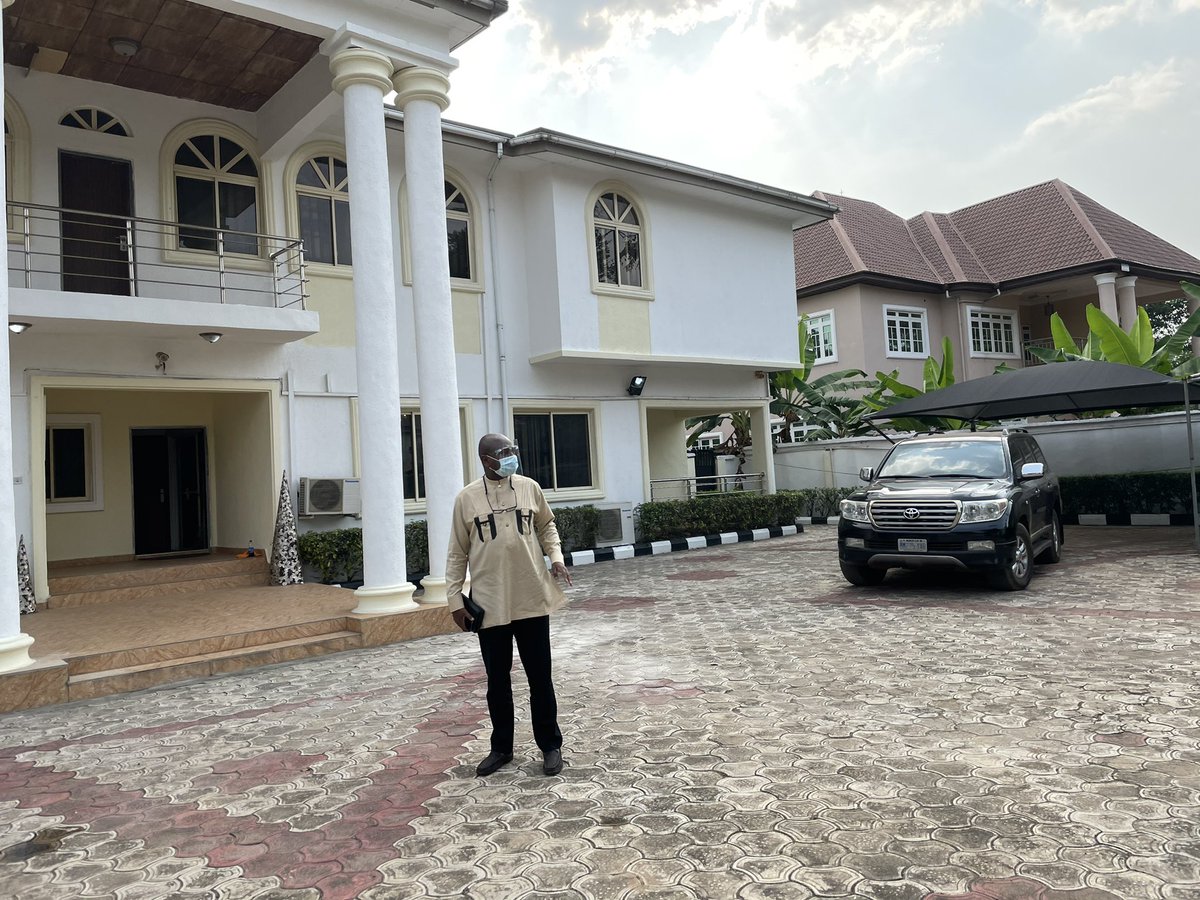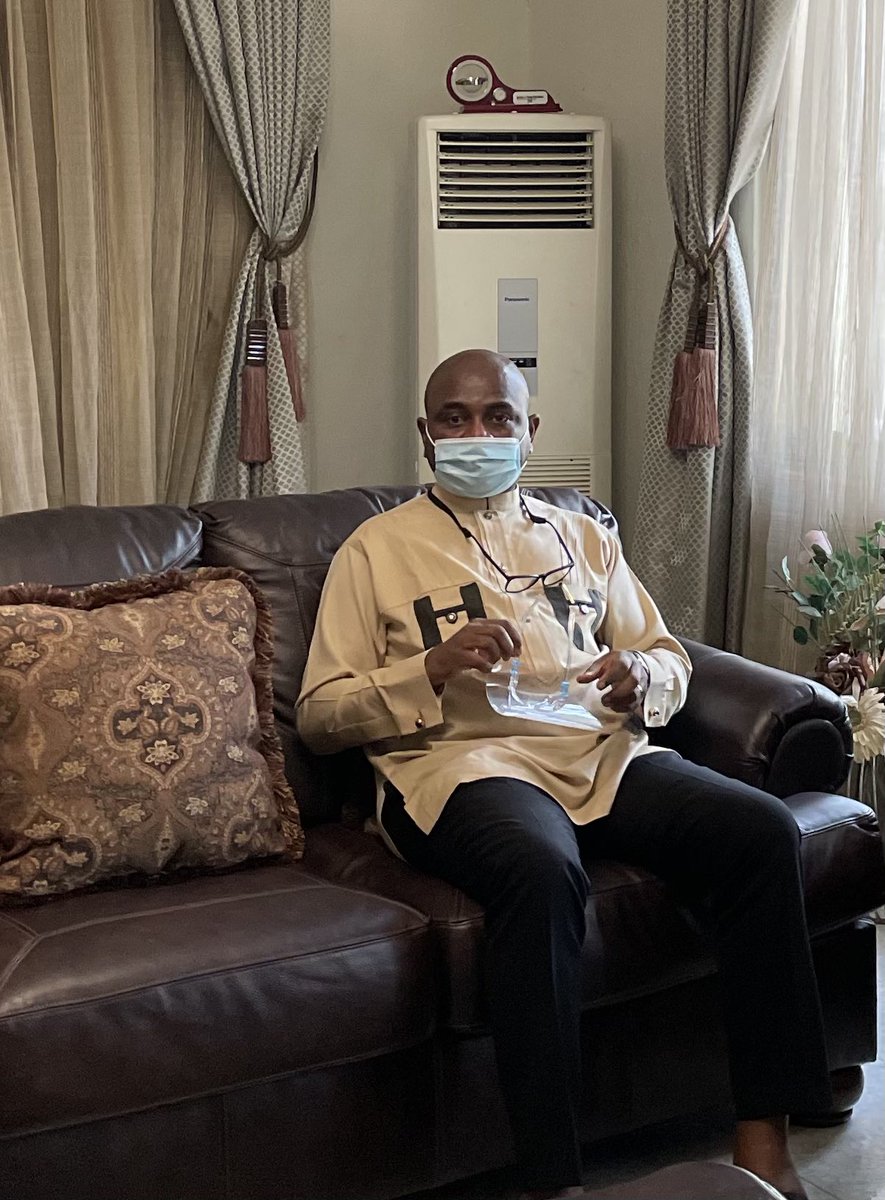
Social media has had impact in Nigeria but with only 33% of us on SM in a population of 200 million, it's still a low ratio. There are still issues of weak broadband infrastructure and access, and high poverty rates affect ability of millions to buy data, I told @WSoyinkaLecture
Then we need to look at quality relative to the goal of driving national reform. SM has democratized opinion, without the same level of truly informed discussion. So there is often more heat than light. Our literacy rate is 62%. Weak.Our political and economic literacy rate, even
lower. There is a massive "digital age divide", with most SM users aged between 17 and 40. This creates an opportunity for strong youth influence on national reform if they can engage effectively. But this opportunity is still limited because SM in Nigeria reflects Nigeria's
traditional political culture, instead of improving on it. Our governments need to listen more on SM and embrace reform, and citizens should become more confident. My perspectives in a great discussion today with @KadariaAhmed and @DrJoeAbah @WSoyinkaLecture #WSDigitalTownHall
• • •
Missing some Tweet in this thread? You can try to
force a refresh





